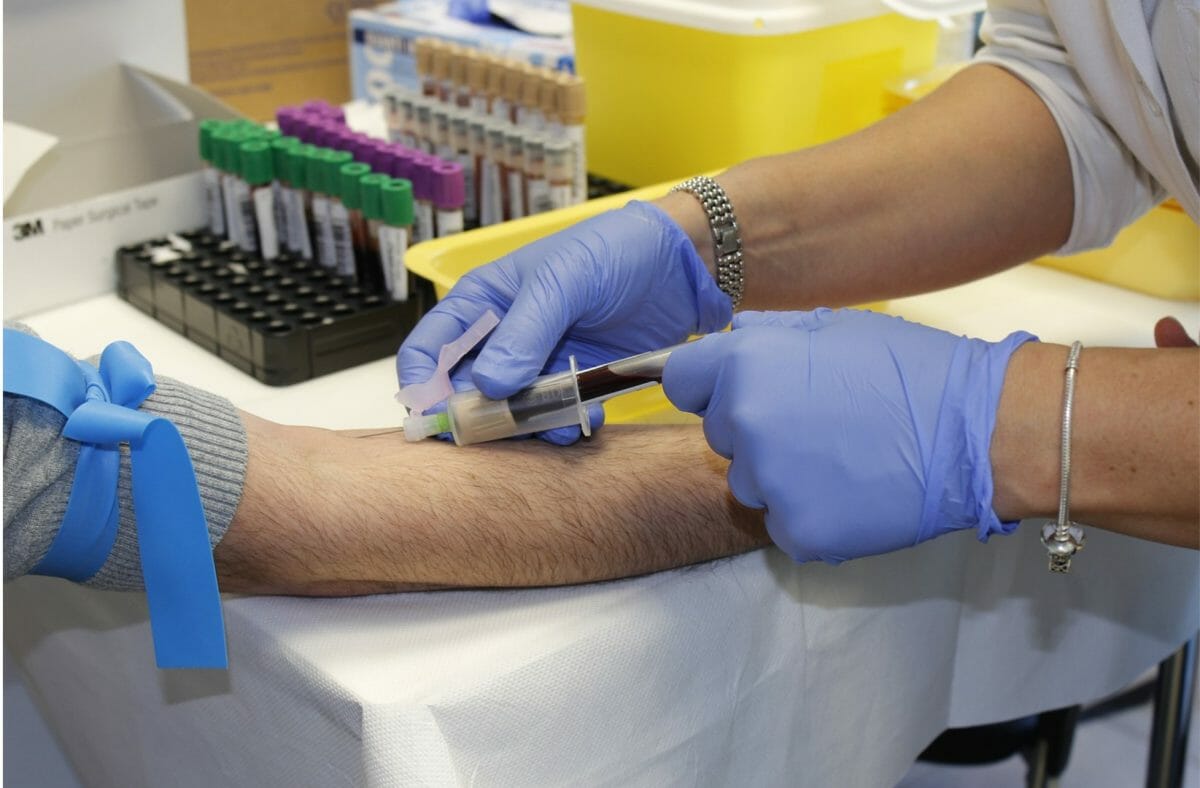When it comes to pursuing a career in nursing, there are various educational paths one can take. A standard degree and a masters in nursing education (MNE) offer two directions with unique implications. Let’s delve into the details of both degrees to understand their distinctions, components, and potential applications.
The Standard Nursing Degree
This degree, often represented by a Bachelor of Science in Nursing (BSN) or an Associate Degree in Nursing (ADN), is generally considered the entry point into the profession. These degrees focus on building foundational skills, including patient care, medical terminology, anatomy, pharmacology, and ethics. They prepare students to become Registered Nurses (RNs), working directly with patients in various healthcare settings.
Components Of The Degree:
- Clinical Experience: Hands-on training in hospitals and clinics.
- Basic Medical Knowledge: Study of biology, chemistry, psychology, and other core subjects.
- Communication Skills: Enhancing interpersonal skills to interact with patients and healthcare teams.
Masters in Nursing Education
This degree goes beyond the foundational skills of a standard degree, focusing on developing expertise in teaching and educational leadership within the profession. It is designed for experienced nurses who aspire to influence the next generation of healthcare providers.
With the rise in technology, it is now possible to get an online master’s in nursing education degree, allowing you to study while continuing to work and earn a salary. This has made higher education more accessible than ever!
Components The Degree:
- Educational Theory and Practice: Learning methodologies to teach and mentor future nurses.
- Curriculum Development: Crafting, assessing, and modifying nursing education programs.
- Leadership Skills: Developing administrative skills to take up roles such as department head or program director.
- Research and Policy Analysis: Engaging in academic research and contributing to healthcare policies.
Use Cases and Career Opportunities
Both options open doors to a variety of career paths within the healthcare system, each tailored to different interests and expertise. Let’s explore the unique use cases and career opportunities these two distinct educational paths offer.
Standard Nursing Degree
- Clinical Nursing: Working in various healthcare environments like hospitals, homes, and community health centers.
- Specialized Areas: Pursuing specializations such as pediatrics, oncology nursing, or mental health nursing.
Masters in Nursing Education
- Teaching: Educating future nurses in universities, colleges, and vocational schools.
- Curriculum Planning: Designing and implementing educational programs.
- Administrative Roles: Taking leadership positions in nursing education institutions.
- Policy Making: Contributing to healthcare education policy development at the governmental or organizational level.
Conclusion
While a standard degree equips students with the necessary skills to provide patient care, a masters in nursing education offers a distinct path that combines standard proficiency with educational mastery. The former prepares nurses for a broad spectrum of clinical roles, whereas the latter allows seasoned nurses to step into educational, administrative, and policy-making roles.
Both degrees are crucial to the healthcare system but serve different purposes. A standard degree is an ideal starting point for those passionate about patient care and medical procedures. However, for individuals seeking to influence the next generation and take on roles that shape the future of healthcare education, a masters in nursing education offers a unique and rewarding pathway.
In the ever-evolving healthcare field, these two degrees represent diverse opportunities that cater to various interests and career goals. By understanding the difference between them, prospective students can make an informed decision that aligns with their aspirations and contributes to the dynamic and essential world of healthcare.
